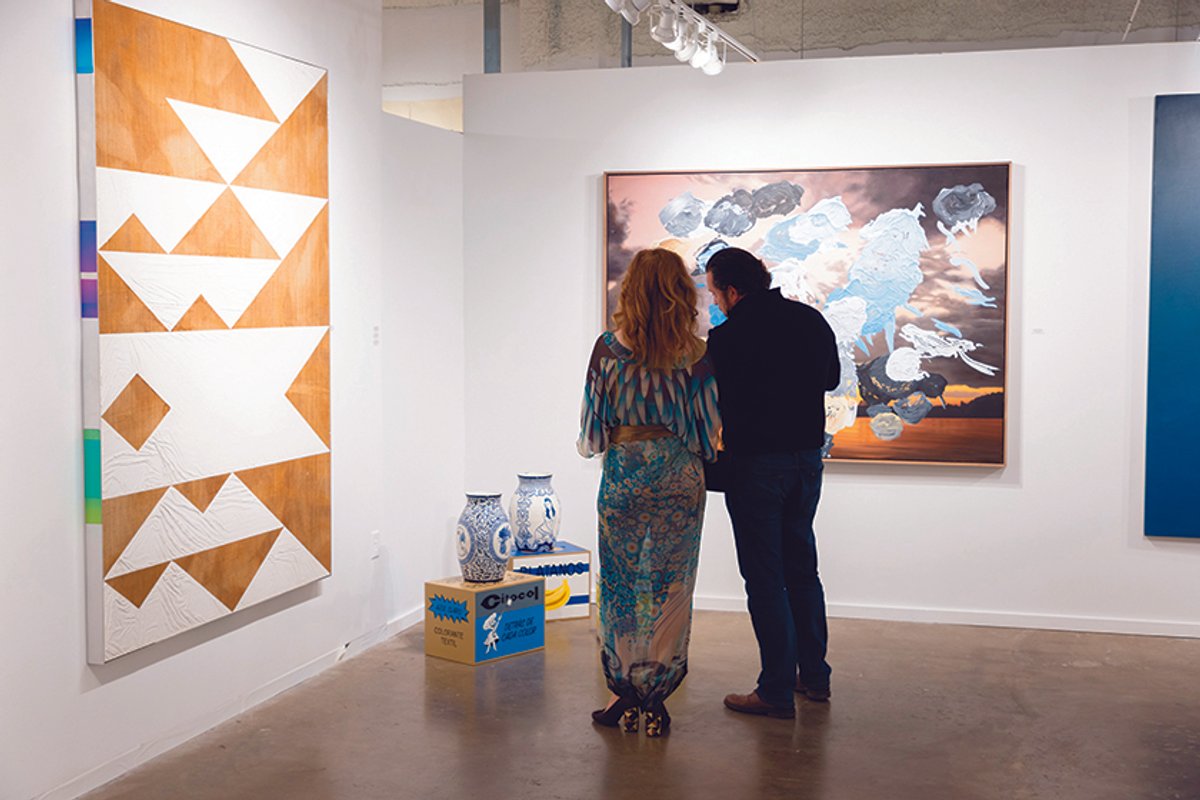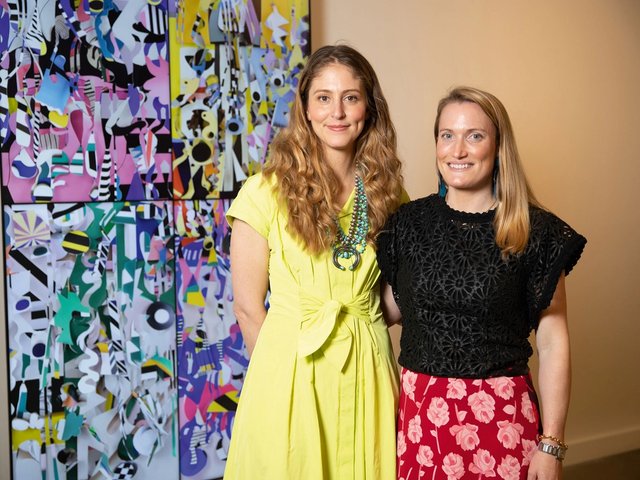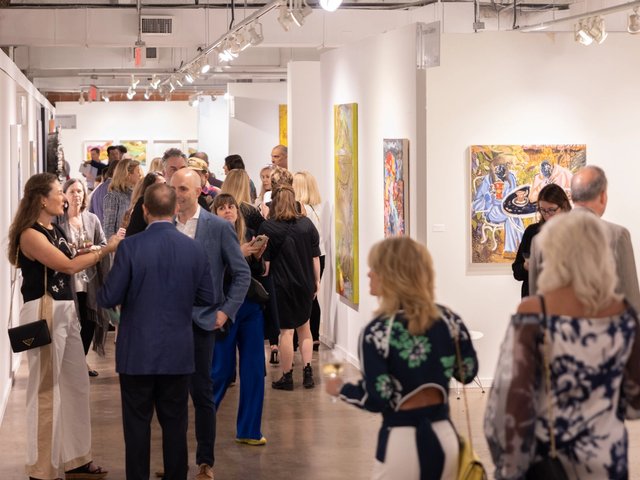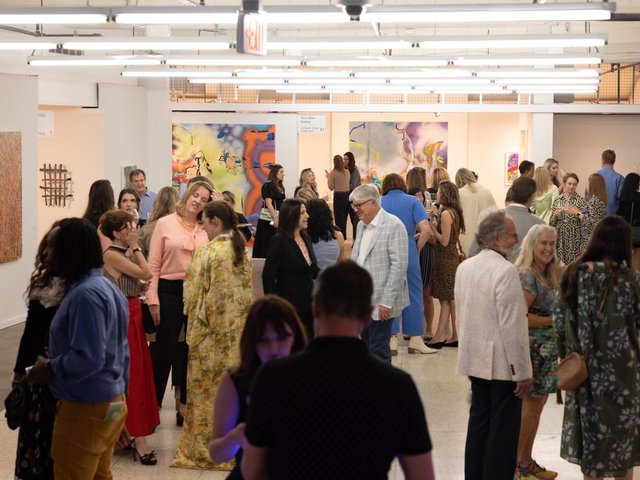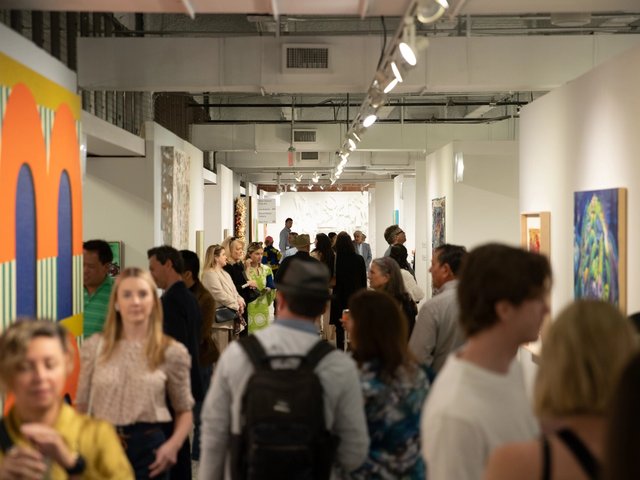Everything is bigger in Texas, so it’s no surprise that the city’s gallerists and collectors are bouncing back from a Covid-19 pandemic dip with an eye on expansion. The Dallas Art Fair, the city’s flagship art market event for the past 14 years, plans to serve Texas collectors’ larger-than-life appetite for art as the city’s population grows.
This year’s iteration of the fair (21-23 April) will feature 90 exhibitors, growing closer to the number of stands that took part before the pandemic put the event on pause for more than two years. Last year’s event, the first since 2019, welcomed 88 exhibitors. In the years just before Covid-19, the fair featured nearly 100 stands.
The fair’s director, Kelly Cornell, a Dallas native who first began working with the event as a college intern during its early years, says the Dallas art market is “similar to the way Dallas does everything else—we do it our own way”.
A new generation of collectors
While Dallas is home to an “old guard” of established collectors that Cornell says “essentially prompted this growth and energy” for art through their continued support, the city’s exploding population has helped guide in a new generation of “interested, devoted” collectors from places like New York and California. With a population of 1.3m people, Dallas is among the fastest-growing metroplexes in the US, while Texas as a whole saw the largest rise in people moving to the state in 2021 and 2022 than any other, according to data from the US Census.
“There is such a great energy that’s happening with people moving to Dallas and becoming interested in continuing their collecting journey from wherever they came from,” Cornell says. “They’re bringing their ways of collecting and their views about culture to Dallas, and that’s only helping our scene.”
The growth and strength of the local art scene has also set the stage for the fair’s first satellite event, the Dallas Invitational Art Fair. Set up by James Cope from Dallas gallery And Now, the event will be held at a hotel across the street from the Dallas Art Fair and will feature around a dozen galleries from New York, Los Angeles, Paris, Vienna and London, all of which have existing customer ties to Dallas, Cope says.
“One thing I’ve noticed with Dallas collectors is they’re very international,” Cope says. “They go to Frieze London and Art Basel and Paris, travel to all the fairs and are tapped into the galleries in New York, Los Angeles, London, Paris and Berlin… but then there’s also a strong regional scene
in Dallas.”
Dallas’s art market is supported by a strong economy that largely withstood the recessions both in 2008 and amid the Covid-19 pandemic, thanks in part to the city’s strong ties with industries like technology, defence, finance, oil and gas. “There’s just money flowing out of the ground in Dallas,” Cope says. Dallas and Texas’s other large cities, including Houston, also have large art schools that bring artists to the area.
Cope, a UK native who moved to Dallas more than 20 years ago after working in the art world in New York, says the art scene has “grown exponentially” since he arrived.
“When I moved to Dallas in the early 2000s, you’d have the openings once a month and it would kind of be a smaller crowd, but now there’s something happening every night of the week to do with galleries, museums, artist-run spaces and project spaces,” he says. “You could do something every evening, if you wanted to.”
Both Cornell and Cope say that Dallas is certainly big enough for two concurrent art fairs. Cope notes that he hasn’t “poached” any of the Dallas Art Fair’s stands, and that he has observed demand for an even larger Dallas Invitational Art Fair.
“From the feedback I’m getting, the number of galleries could easily double or triple,” he says.


